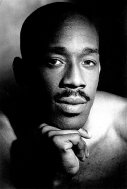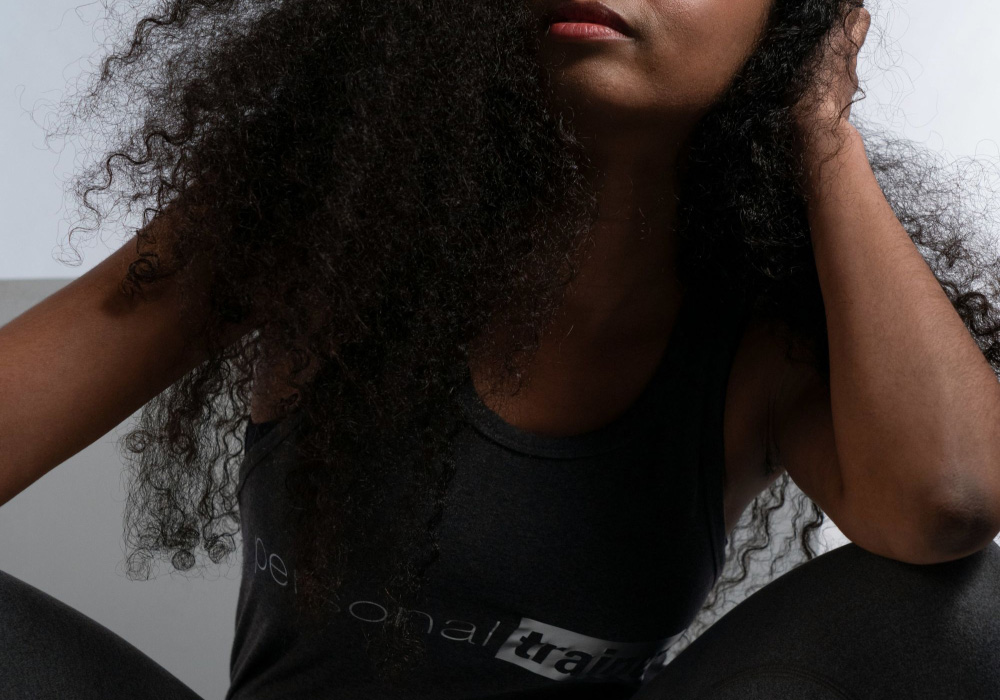An interview with BaKari E. Lindsay, Artistic Co-Founder of COBA Collective Of Black Artists
Tonight, COBA (Collective of Black Artists) will be premiering an electrifying dance performance entitled "Deekali: Roots Relived" at the Oliphant Theatre (404 Jarvis St). Fitting with the context of African Heritage Month, Deekali is a retrospective of the various dance creations featured within COBA's 13-year history. Stemming from the Senegalese Wollof dialect, Deekali is essentially a word denoting rejuvenation and revitalization. More specifically, Deekali: Roots Relived chronicles a 4-year period (2000 to 2004) in COBA''s creative process.
|
|
AfroToronto.com recently had the pleasure of interviewing COBA's co-founder, BaKari E. Lindsay. His story, along with COBA''s other co-founders (Charmaine Headley and Junia Mason) is a truly ground breaking one. Upon graduating from the Toronto Dance Theatre, Lindsay and his fellow co-founders were all too aware of the lack of an established platform to nurture and promote the African aesthetic in dance. "There was nobody dancing about our history, our reality," says BaKari E. Lindsay. Certainly, regardless of the culture, there had been for a long time community-based theatres where artists could create and perform for their own people, but quoting Lindsay, "Once you cross the bridge into the mainstream market, there were several hurdles that you have to go through." Hence, COBA''s vision was all about "taking traditional dance into places and spaces that wouldn't necessarily be seen or recognized for that." |
In 1993, COBA gave birth to a mission, which has evolved over time, to "creating and presenting the finest traditions in dance and music that celebrate and reflect an Africanist aesthetic" in its purest form possible. This mandate makes COBA a truly unique company in Canada. While other companies may start from traditional African dance to create other works, COBA strives to present these works in their traditional form on stage. As professionally trained dancers, the founders of COBA have created a much-needed platform to both support, nurture, and perhaps most importantly to develop the African aesthetics in dance through a professional company offering strong programs which secure the viability and continuity of this vision.
COBA has programs which start dancers from as early as 3 years old and follow them until they reach 15 years old. Dancers up to about 30 years old can also take part in intensive training programs. COBA features traditional classes encompassing all the techniques in ballet, as well as modern and traditional West African and Caribbean folk. In the true African traditional spirit, students are also exposed to choreography, drumming and various musical forms. As Lindsay outlines: "People who are in that program also have an option to perform with the company. So the more senior members of that particular program definitely do perform with the company. We have three members from the program who are actually performing in this particular show (Deekali)."
While playing a crucial role in developing dance talent in the city, BaKari E. Lindsay fully recognizes the power and importance of evolution in the traditional African dance form. He says: "There’s this notion that cultures which are traditionally based are very stagnant and that there is no place for evolution. That traditional culture doesn't really create and/or develop." But Lindsey recalls creating a dance piece on gun violence five years ago, which, of course, still resonates with today's climate and shows how true art is really timeless and can speak to any time and circumstance. Unfortunately, though, especially with our own people from the African-descending diaspora, we "come from a history of devaluating artistic expression," as Lindsay deplores. However, music and dance have been at the forefront of much of Africa''s history and traditional customs.
In looking back at the four artistic dance creations from COBA''s history with Deekali: Kumina, Domba-Go, DjembeFola, and Bodika, the audience will be taken into a wonderful journey showing them how traditional African dance has, and continues, to speak to our souls. BaKari E. Lindsay has created the piece DjembeFola. This contemporary piece was inspired by his travels to Senegal -- where he encountered the powerful relationship between the traditional drummers and their instrument. Also particularly interesting is the Bodika theme, created by Vincent Sekwati Koko Mantsoe from South Africa. Mantsoe comes from a long line of traditional sangomas (spiritual healers). Bodika is an abstract piece which recreates the traditional sessions in which the youth move into adulthood.
As BaKari E. Lindsay says: "The tradition and the African aesthetic is all through the work, yet they are saying very different things." Don't miss the show!
"Deekali: Roots Relived" runs from February 16th to 19th @ the Betty Oliphant Theatre, 404 Jarvis Street. For more information, call 416.658.3111. To learn more about COBA (Collective of Black Artists) please visit their website at





